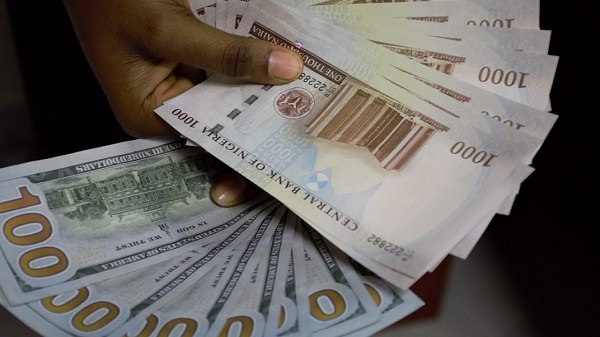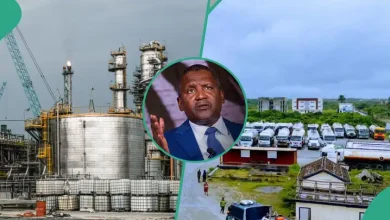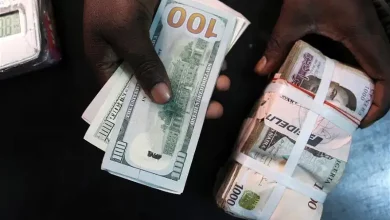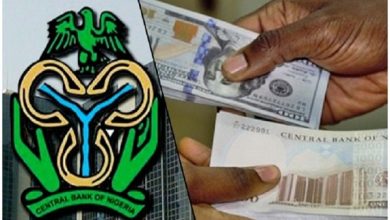Inflation Soars to 29% Due to Food and Forex Challenges

Soaring food prices and foreign exchange pressures may have pushed up push inflation rate beyond 29 per cent, it was learnt yesterday.
The National Bureau of Statistics (NBS) will today release the Inflation Report.
Intelligence reports by many economic and finance firms surveyed yesterday by The Nation showed that inflation may have risen by between 50 to 80 basis points last month, the highest since August 2005.
But, experts expressed optimism that early gains from the reforms introduced by the government would ease the pressure on Nigerians and put the economy steady path of recovery.
The increase in inflation in December 2023 indicated that average costs of basic living items rose for every month last year.
The reports indicated that inflation may rise from 28.2 per cent in November 2023 to estimated ceiling of about 29 per cent in December 2023. It had started the year with 21.8 per cent in January 2023.
Analysts at Afrinvest West Africa expected inflation at 29.0 per cent while Financial Derivatives Company (FDC) estimated current inflation at 28.7 per cent.
Experts agreed that the increase in inflation rate was due mainly to naira depreciation, foreign exchange (forex) pressure and the lingering effect of the removal of subsidy on premium motor spirit (PMS), otherwise known as petrol.
FDC noted that while December inflation will be at a record high and raises concern of Nigeria becoming an outlier, Nigeria will likely see moderation in inflation in 2024.
The Bismarck Rewane-led FDC pointed out that “inflation is estimated to decline in 2024”, noting that inflation expectations are more important than historical inflation.
FDC added that though, inflation in Nigeria has increased consistently in 2023, many experts are projecting a significant decline in 2024. According to EIU, inflation in Nigeria is expected to fall to 23.6 per cent in 2024 and 17 per cent in 2025. These projections are not unrealistic, as Nigeria is likely to see a moderation in inflationary pressures in second half 2024.
Rewane urged the government to back up its revenue reforms with increased fiscal spending and unlocking the economy from several bottlenecks.
According to him, in order to balance the reforms, government should implement two contemporaneous actions, including boosting fiscal spending to increase earnings for businesses and households and to prioritize removing the embedded structural bottlenecks that bookend extreme poverty, constrained growth, and macroeconomic instability.
Going into 2024, it is imperative for policy communication to be coherent and consistent to avoid the unintended consequences of market reactions to policy inactions or wrong policy therapy,” Rewane advised.






